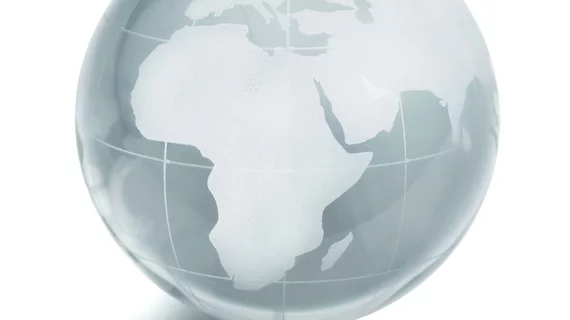AI could add $15.7T to global economy by 2030
Though the use of AI is still in its early stages, its wide-reaching potential is expected to be felt by all industries in the near future. The technology is expected to contribute up to $15.7 trillion to the global economy by 2030, according to a PwC global AI study.
“What comes through strongly from all the analysis we’ve carried out for this report is just how big a game changer AI is likely to be, and how much value potential is up for grabs,” the report stated.
The PwC report is a part of a series highlighting how AI can enhance and augment various industries, with the global study specifically focusing on the economic potential for AI in different regions and eight commercial sections by 2030. The analysis revealed the healthcare, automotive and financial services sectors have the “greatest potential for product enhancement and disruption due to AI.”
For healthcare, areas with the biggest AI potential were:
- Data comparison
- Disease prevention and early identification
- Imaging diagnostics (radiology and pathology)
“AI is initially likely to be adopted as an aid, rather than replacement, for human physicians. It will augment physicians’ diagnoses, but in the process also provide valuable insights for the AI to learn continuously and improve,” the report stated. “This continuous interaction between human physicians and the AI-powered diagnostics will enhance the accuracy of the systems and, over time, provide enough confidence for humans to delegate the task entirely to the AI system to operate autonomously.”
Other findings included:
- Privacy and protection of sensitive health data were named the top barriers for AI in healthcare.
- China and North America are set to receive the biggest economic gains from AI by 2030. The technology will enhance GDP in those countries by 26.1 percent and 14.5 percent, respectively—meaning the technology could contribute a total of $10.7 trillion to the regions.

